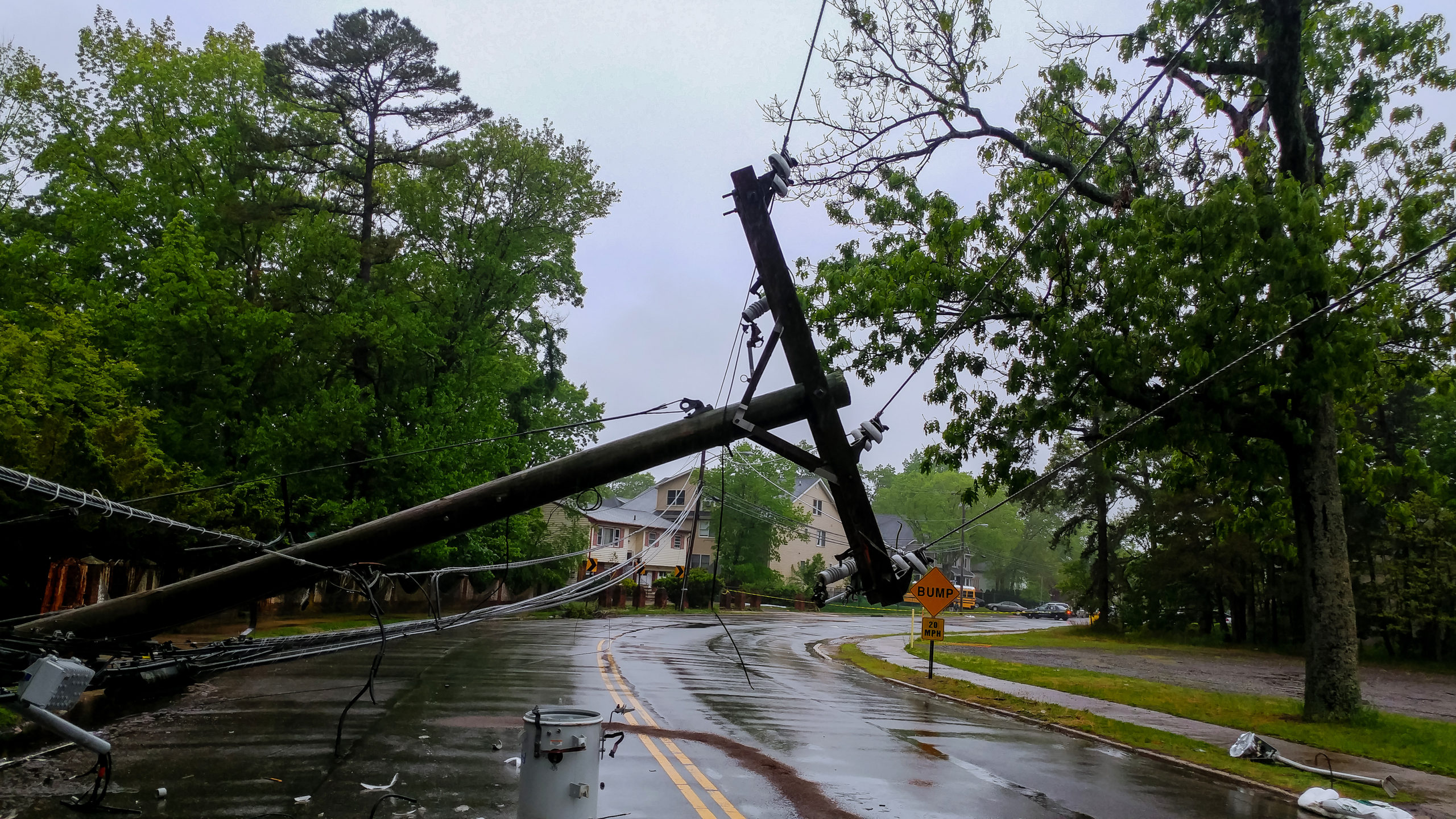October 6, 2021
While most of the damage is done once a hurricane has passed, there is still a need to act with an abundance of caution. The worst may be over, but the cleanup process may be dangerous to your health and safety. Here are our tips for hurricane safety after the storm.
If you are driving through a damaged area, remember not to drive through floodwaters. While it might not look like much, cars may stall or even get washed away if the situation is severe. It only takes six inches of water to reach the bottom of most vehicles, while a foot of water will float most vehicles. When it comes to flooded roads, proceed with caution and assume the water is deep. Turn around, don’t drown.
If you have been in contact with floodwater, always wash your hands with soap and water. If soap and water are unavailable, alcohol-based wipes or hand sanitizer are the next best option. Floodwater may contain contaminants like germs, chemicals, debris, and other substances that could impact your health and safety.
 Do not use wet electrical devices! If the device is wet and plugged in, turn off the power at the main breaker and wait for an electrician to check the device. If you see a flooded area with electrical devices plugged in, do not walk through the water. You will be electrocuted from the charged waters. Call the utility company, fire department, or a licensed electrician first.
Do not use wet electrical devices! If the device is wet and plugged in, turn off the power at the main breaker and wait for an electrician to check the device. If you see a flooded area with electrical devices plugged in, do not walk through the water. You will be electrocuted from the charged waters. Call the utility company, fire department, or a licensed electrician first.
Keep an eye out for fallen power lines. If you see a fallen power line, stay clear of the area and call your electrical company to report the issue.
If you used a generator during or after the storm, make sure that you follow manufacturer recommendations and specifications carefully to prevent issues like back-feed.
Any device that burns fuel creates carbon monoxide, which can cause illness and even death. Carbon monoxide is undetectable by sight or smell. Be cautious with equipment, like generators and camp stoves. Never use these devices inside your home or any enclosed or unventilated space. They should only be used outside at a safe distance away from your house. Additionally, make sure that you have a carbon monoxide detector in your home and plenty of batteries to keep it operating.
Create a detailed list of damaged property, including an item description, manufacturer name, age, and place/date of purchase. Take pictures or videos of the damaged objects and frequently update your home inventory.
We at Providence Mutual hope that you and your family stay safe during the hurricane season and use these tips for hurricane safety to help prepare. To prepare before the next storm, review our pre-storm tips here. To better prepare during a storm, review our tips here.
Share